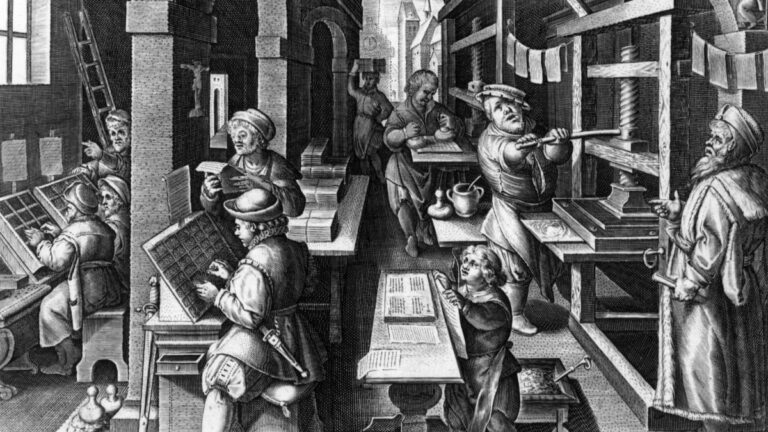
Have you ever wondered what makes some cars hold their value so much better than others over time? As vehicles age, complex chemistry can cause equity to plunge or remain surprisingly resilient. Whether trading, buying or insuring, smart drivers must be valuation-savvy to make the shrewdest financial moves for their wheels. Read on to learn about the factors behind your vehicle’s worth.
What is Car Valuation?
In simple terms, a car’s value refers to its worth in the current market. Used car valuation estimates how much money you can expect to pay or receive when buying or selling a used vehicle. Valuations consider factors like age, mileage, condition, accident history and more to come up with a reasonable approximation of the car’s actual market value. If you want to sell your used car, platforms like ACKO Drivehelp determine its accurate value and provide a hassle-free process to list and sell your car at the best price, connecting you with trusted buyers.
Factors Affecting Car Value
Several key elements make up a car’s overall value. Here are some of the most important ones:
1. Depreciation
This is the gradual loss of value over time. When you drive a new car off the dealership, it starts shedding value. Luxury cars tend to depreciate faster than regular economy cars.
2. Physical Condition
A car in pristine condition with no major dents, rust or scratches will be valued higher than one with sustained exterior or interior damage. Factors like fresh paint, upgrades, reupholstered seats, etc., can help boost value.
3. Odometer Reading
The lower the kilometres on the odometer, the better the resale value. Low distance signals that the engine and components have endured less wear and tear. High-mileage cars tend to command far lower prices.
4. Service History
Meticulous maintenance records prove that the car has been professionally cared for. Oil changes, tune-ups, fluid flushes and more should have been performed at recommended intervals.
5. Accident History
Major collisions can considerably dampen value if the frame or structure is compromised. Even minor fender-benders should be disclosed as they hint at potentially hidden issues.
6. Make and Model
Certain auto brands and models hold value better thanks to reputation and consumer demand. For example, the Maruti Suzuki Swift and Toyota Fortuner have great resale value across multiple years and generations.
7. Vehicle Registration and Legal Status
For accurate car valuation, ensure the vehicle has a clear registration status and is fit to be driven on roads. Red flags like pending challans and accident history can reduce its value.
8. Driveability and Features
A smooth, quiet ride without strange mechanical noises is key. Upgraded features like leather seats, sunroofs, and touchscreen tech can boost equity.
How to Improve Your Car’s Value
Here are some smart tips to help maximise your car’s worth:
1. Regular maintenance and timely servicing
Keeping up with recommended maintenance goes a long way towards protecting your car’s worth. Follow the manufacturer’s schedule for oil changes, filter replacements, belt and hose inspections, fluid flushes, and more. Stick to the recommended time or mileage intervals—don’t stretch them out.
Use high-quality oils and parts, too. This shows future buyers that you cared enough to maintain things under the hood properly, and it pays off when it comes time to sell or trade-in.
2. Avoiding major accidents and keeping detailed repair records
Severe collisions can cause unseen frame/structural damage that is incredibly costly. Even minor accidents lead to underlying issues over time as parts shift subtly out of position. Document all repairs thoroughly, however small. Keeping meticulous records demonstrates genuine care and transparency to future buyers. Details like the repair shop name, exact work done, parts replaced, and costs build trust and value.
3. Enhancing the car’s aesthetics with proper cleaning and minor touch-ups
Enhancing the car’s aesthetics with proper cleaning and minor touch-ups can substantially boost its perceived value. A vehicle that has been thoroughly detailed inside and out indicates that the previous owner took pride in the car’s upkeep. You can significantly enhance your car’s aesthetics by thoroughly cleaning it, including vacuuming, wiping down the interior surfaces, and polishing the exterior. It is also beneficial to address minor cosmetic issues during this process.
4. Investing in features that appeal to buyers
Cars can quickly seem outdated as technology advances year after year. Carefully choose one or two upgrades that will appeal to most future buyers. Nice-to-have features like a touchscreen display, backup camera, Bluetooth connectivity, and USB charging ports make your car extra enticing before selling or trading it in.
Conclusion
The value equation for cars involves some complex dynamics with many moving parts. However, understanding how maintenance records, aesthetics, mileage, technology features, and proper care impact valuation can empower your decisions. You can enhance your car’s equity with this foundation on what makes a vehicle desirable and retains worth.
Write and Win: Participate in Creative writing Contest & International Essay Contest and win fabulous prizes.


